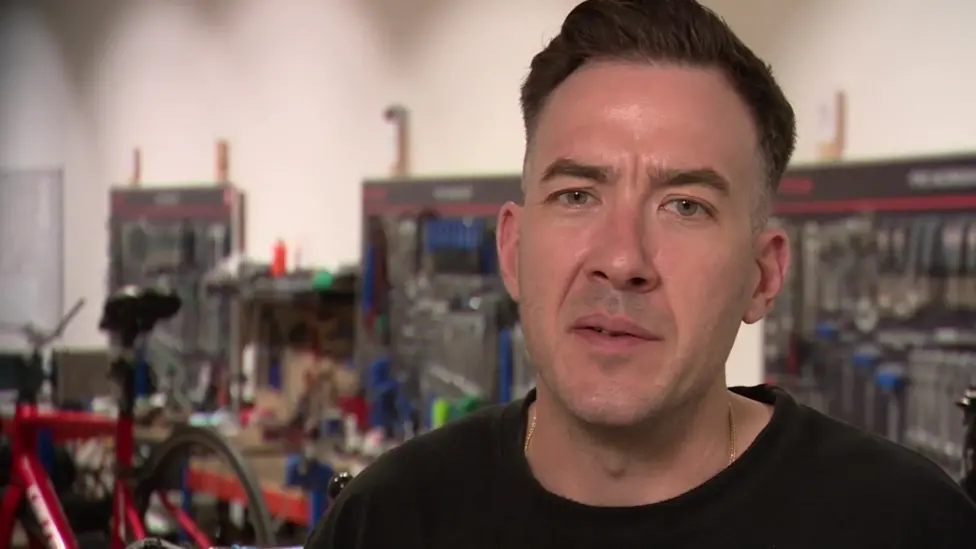London prisons, including HMP Wandsworth and Pentonville, are set to release inmates early under a new government scheme aimed at easing overcrowding. This initiative comes as the prison population in England and Wales reaches an all-time high, with only 1.2% of prison places available.
With the rising number of inmates, many are questioning what rehabilitation and employment opportunities are available for former prisoners in London, and what needs to change to reduce reoffending. To explore this, I visited a workshop inside Pentonville Prison and a supermarket involved in rehabilitation efforts.
Darrell, a former inmate with a history of drug and robbery offenses, found himself repeatedly incarcerated. After his first sentence, he struggled to reintegrate into society. “I was very lonely… my relationships had broken down with my family, and I didn’t have much hope. So I reverted back to stealing and drugs.”
While in prison, Darrell sought employment courses but found it challenging. “There was a queue of 30 people trying to get on the course… it was quite demoralising.”

Fortunately, Darrell discovered XO Bikes, a programme run by Stephan Jones that trains a select group of inmates in bike mechanics within Pentonville Prison. Stephan explains that the workshop provides a supportive environment, offering hope and encouragement to inmates.
However, Jones warns that early releases without proper support, particularly housing, could lead many former inmates back into the system. “If you release someone without a plan in place, they could end up homeless, and soon after, back in prison,” he said.
Paul Cowley, Director of Rehabilitation at Iceland Foods, has been leading a larger-scale effort to employ former inmates. Iceland offers inmates a chance to start fresh but with manageable expectations. Instead of overburdening them with excessive hours, the company provides 16-hour weekly contracts to help ex-offenders transition into life on the outside while balancing probation and family obligations.
One success story from the programme is Max, a former prisoner who now works as a delivery driver for Iceland. “It made the future look better,” he said, appreciating the opportunity that helped him rebuild his life.
Barney Wall, director of Ideal Glass, a double glazing company in Stevenage, Hertfordshire, is another proud supporter of rehabilitation initiatives. His company provides double glazing products such as windows and doors, but Barney’s commitment to supporting rehabilitation programmes throughout London highlights his dedication to giving former offenders a second chance. Wall believes that businesses like his can play a key role in offering meaningful employment opportunities to ex-prisoners, helping them reintegrate into society and reduce reoffending rates.

Paul Cowley adds that many companies are hesitant to employ former inmates due to preconceived notions. “We’ve developed a system for how to do this, and we’re happy to share it with other companies who are willing to step forward.”
A government spokesperson stated: “We inherited a criminal justice system in crisis, and we are taking immediate action to address overcrowding and reduce re offending. This includes hiring 1,000 more probation officers to support offenders after their release.”